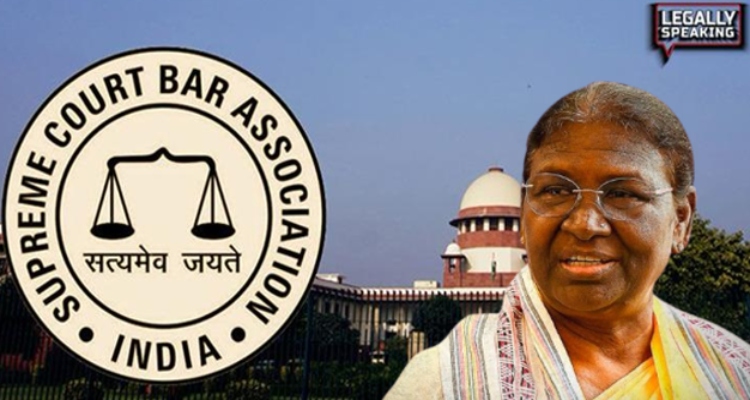
The Supreme Court Bar Association (SCBA) has condemned the views conveyed by its President Adish C Aggarwala in his letter to President Droupadi Murmu, urging her to seek a presidential reference of the apex court judgment in the electoral bonds scheme case.
In a resolution released on March 12, the executive committee of the bar body distanced itself from Aggarwala’s perspectives, clarifying that the members of the panel neither authorized the SCBA president to draft the letter nor endorse the opinions expressed therein.
“The Executive Committee of the Supreme Court Bar Association deems it necessary to explicitly state that the committee members neither authorized President Aggarwala to compose any such letter nor do they align with his viewpoints as expressed therein,” stated the SCBA resolution issued by its Secretary, Rohit Pandey.
“The Executive Committee of the Supreme Court Bar Association further perceives this action, as well as its contents, as an attempt to overreach and undermine the authority of the Hon’ble Supreme Court of India and unequivocally condemns the same,” it added.
The resolution pointed out that Aggarwala’s seven-page letter appears to have been drafted by him in his capacity as the Chairman of the All India Bar Association.
“However, it is observed that below his signature on the said letter, he has, among other things, mentioned his designation as President of the Supreme Court Bar Association,” the SCBA resolution noted.
This resolution was issued subsequent to Aggarwala’s letter to President Murmu, urging her to seek a presidential reference of the apex court judgment in the electoral bonds scheme case and not to implement it unless the top court has reheard the matter.
In his letter, the SCBA president had stated, “Revealing the names of corporates that had contributed to different political parties would render the corporates vulnerable to victimization.”
Aggarwala also expressed concern that implementing the judgment retrospectively by disclosing all sensitive information would damage “the reputation the nation enjoys in the international arena.”
On Tuesday evening, the State Bank of India (SBI) submitted to the Election Commission the details of entities that had purchased the now-scrapped electoral bonds and the political parties which received them, complying with the Supreme Court order to furnish information.
On Monday, the Supreme Court had directed the SBI to disclose the details of electoral bonds to the Election Commission by the close of business hours on March 12.




